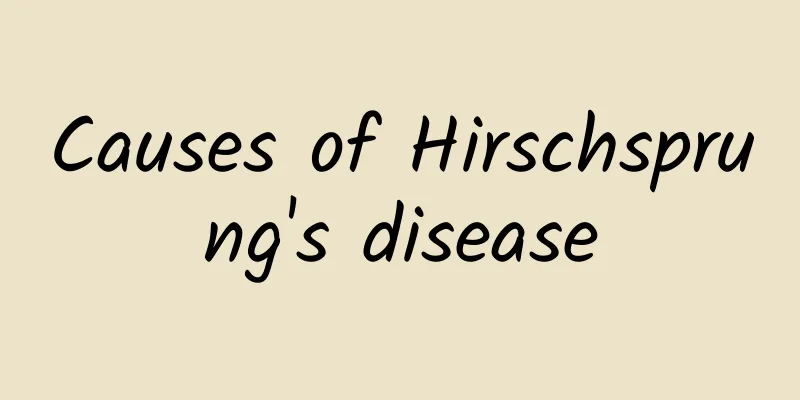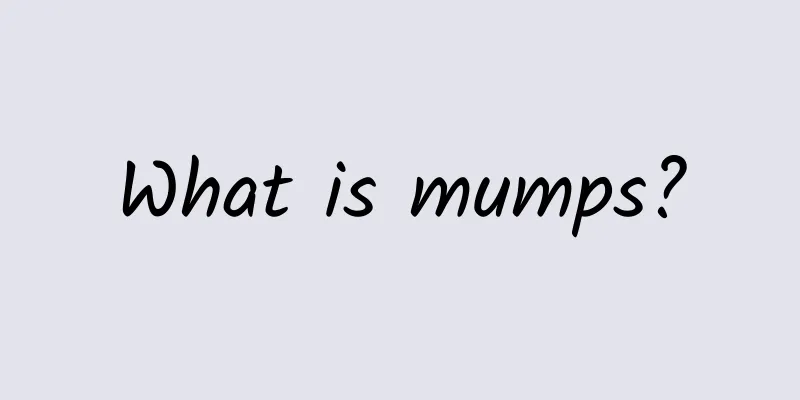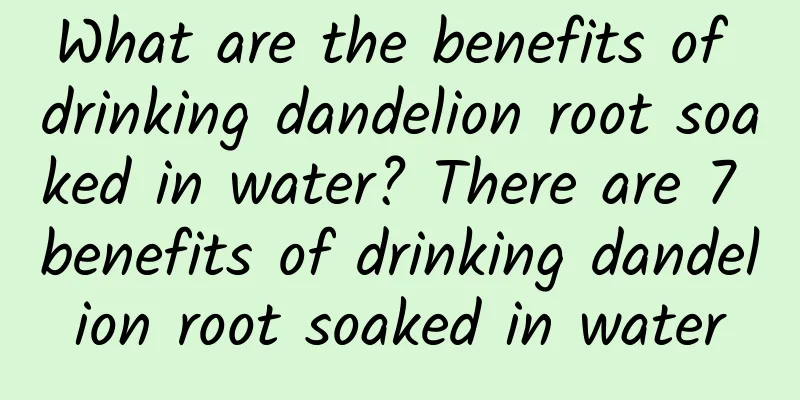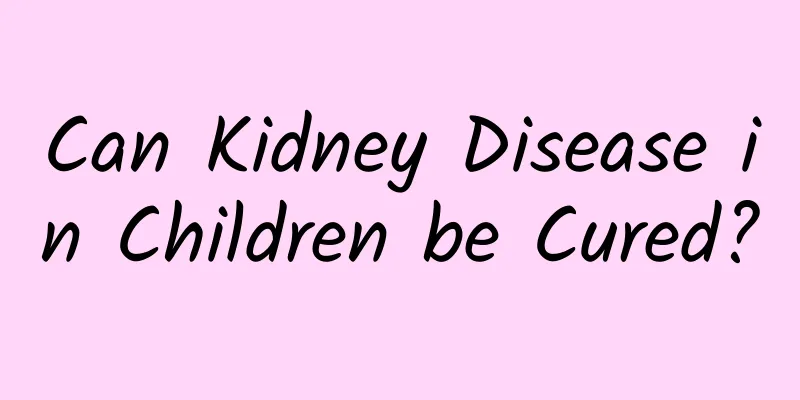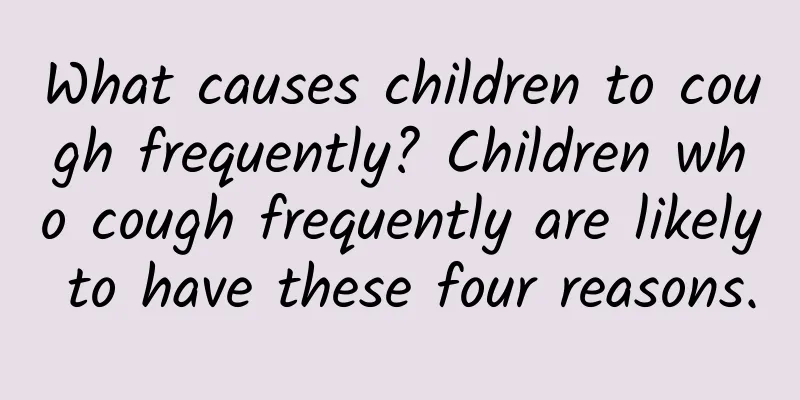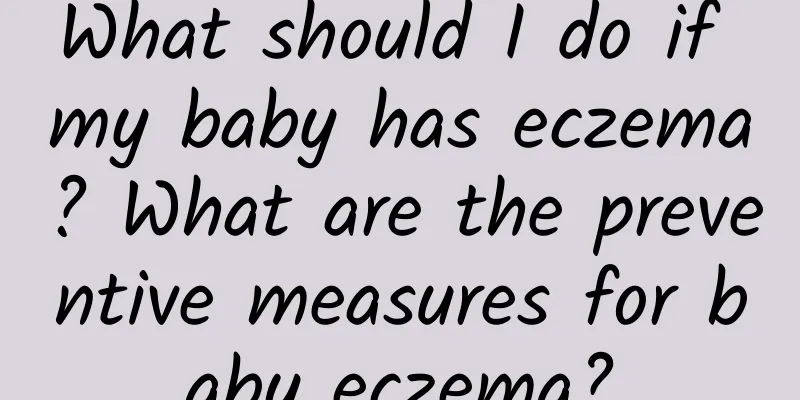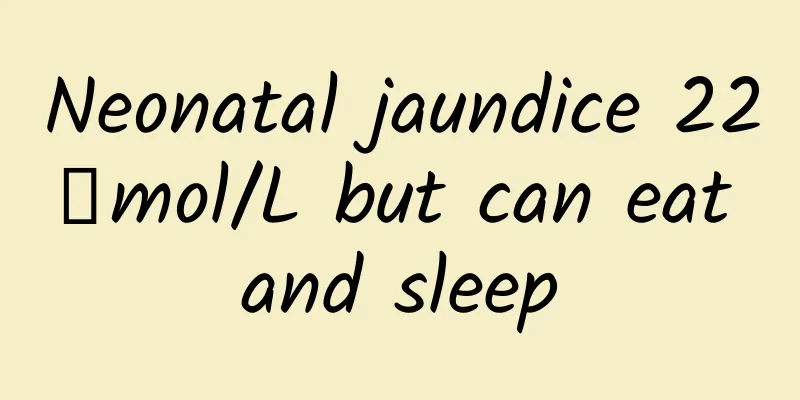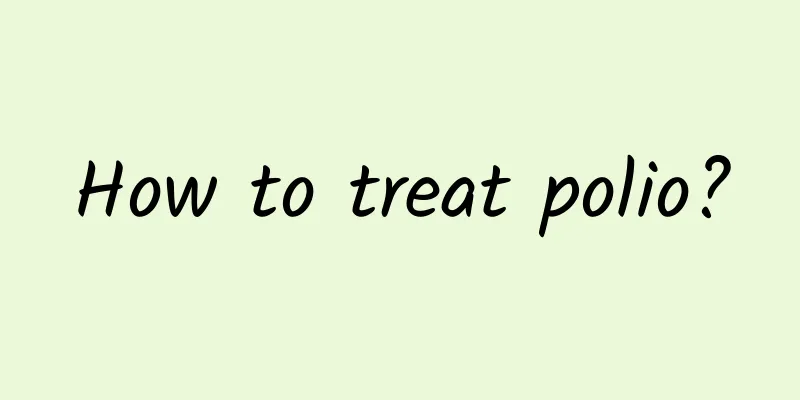What medicine should I take for Kawasaki disease?
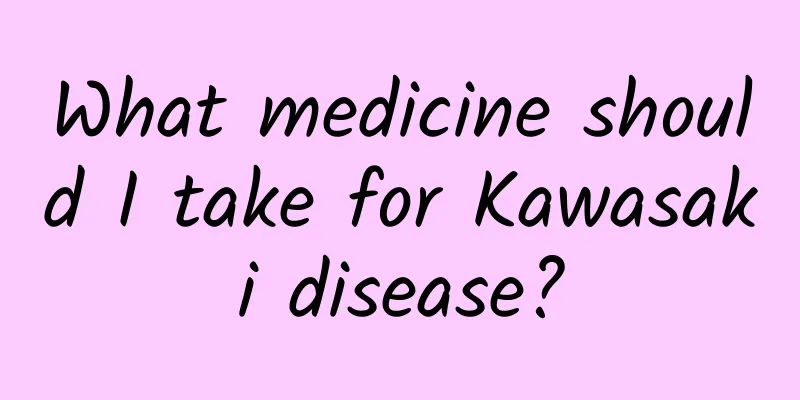
|
What medicine should be taken for Kawasaki disease? Taking medicine when you are sick seems to have become a necessary process for treating diseases. Kawasaki disease is very common among children. After the onset of the disease, there will be a lot of symptoms, and it will bring more harm to the children. The medication for Kawasaki disease has also attracted the attention of many parents and friends. So, what medicine should be taken for Kawasaki disease? 1. Aspirin: Early oral aspirin can control the acute inflammatory process and reduce coronary artery lesions, but no controlled studies have shown that aspirin treatment can reduce the incidence of coronary artery aneurysms. The dosage is 30-100 mg kg per day, divided into 3-4 times. Japanese doctors tend to use small doses, based on the fact that those who take large doses during the acute phase of Kawasaki disease believe that acute patients have reduced aspirin absorption and increased clearance, and only large doses can achieve anti-inflammatory effects. Take it for 14 days, and after the fever subsides, reduce it to 3-5 mg/kg per day, taken once, to play an anti-platelet aggregation role. 2. Corticosteroids: It has always been believed that adrenal cortex hormones have a strong anti-inflammatory effect and can relieve symptoms, but it was later found that corticosteroids are prone to thrombosis, hinder the repair of coronary artery lesions, and promote aneurysm formation. Therefore, it is not appropriate to use corticosteroids such as prednisone alone for treatment. Unless there is a complication of severe myocarditis or a persistent high fever in severe cases, prednisone and aspirin can be used in combination for treatment. In order to control the early inflammatory response of Kawasaki disease, corticosteroids are generally not used alone. 3. Immunoglobulin: Studies have confirmed that early intravenous infusion of immunoglobulin plus oral aspirin can reduce the incidence of Kawasaki disease coronary artery aneurysms. It must be emphasized that the medication should be used within 10 days after the onset of the disease. The dosage is daily intravenous infusion of immunoglobulin 400mg/kg, infused over 2 to 4 hours, for 4 consecutive days; at the same time, oral aspirin 50-100mg/kg·d, divided into 3 to 4 times, for 4 consecutive days, and then increased to 5mg/kg·d, taken all at once. The biggest harm of Kawasaki disease is damage to the coronary arteries. It is the main cause of coronary artery disease in children and a potential risk factor for coronary heart disease in adults. Therefore, once the symptoms of the disease are found, it is necessary to actively treat it and take good care of the child during the treatment so that he can recover health as soon as possible. |
<<: What Chinese medicine should be used for patent ductus arteriosus
>>: Will eczema recur in children?
Recommend
Normal range of jaundice index
The jaundice index is mainly used to assess wheth...
What is phenylketonuria? What tests should be done to determine whether there is phenylketonuria?
There are now irresponsible and informal hospital...
Can children's cough be treated with massage? What are the basic massage treatments for children's cough?
There are many massage methods for children's...
How to prevent and treat acute laryngitis in children
How to prevent and treat acute laryngitis in chil...
What are the signs of kidney disease in children?
We all know that nephritis is an inflammation of ...
Is massage useful for children with diarrhea?
Massage can help children with diarrhea, but it n...
Prevention of Kidney Disease in Children
What are the prevention methods for children'...
What are the prevention methods of mumps? How can mumps be treated?
Mumps is a common childhood disease that is very ...
The harm of indigestion in children, how to make the baby digest quickly
Many new mothers think that indigestion in babies...
What are the hazards and side effects of neonatal jaundice?
The hazards and side effects of neonatal jaundice...
What is the reason for the white spots on the baby's face? Beware of 3 skin diseases when white spots appear on the baby's face
When parents find small white spots on their chil...
Medication for ADHD
After children suffer from ADHD, they will show m...
How to treat phenylketonuria in children
The primary treatment for phenylketonuria in chil...
What are the diagnostic criteria for Kawasaki disease?
If we want to treat the disease, we must know the...
Will hand, foot and mouth disease blisters increase in number?
The blisters of hand, foot and mouth disease may ...
